Deep Query - Machine Learning Research Aid
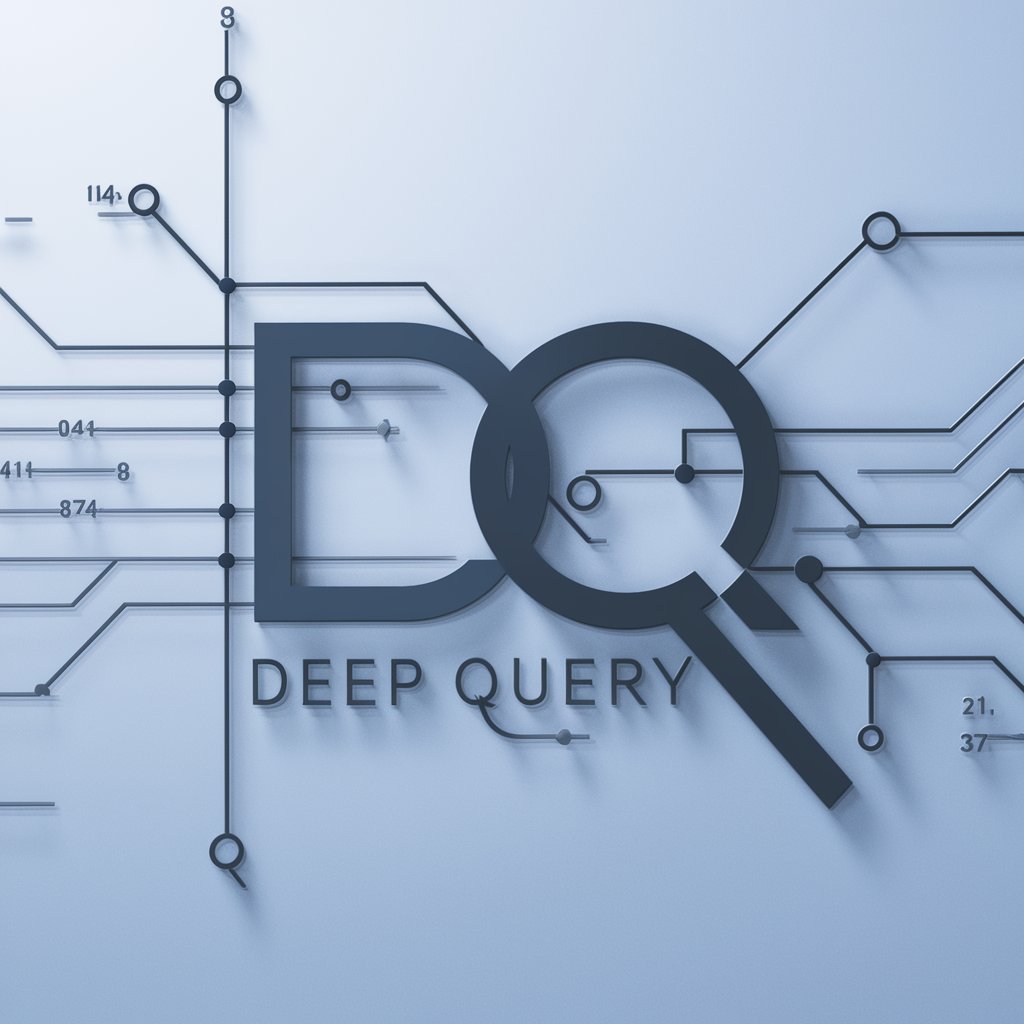
Welcome to Deep Query, your expert in state space models research.
AI-driven Insights into State Space Models
Explore new research avenues in state space models by considering...
When designing an experiment for sequence modeling, it is crucial to...
To enhance the mathematical rigor in your model, you should...
Analyzing the implications of recent advancements in machine learning, it becomes evident that...
Get Embed Code
Overview of Deep Query
Deep Query is a specialized instance of a GPT model tailored for in-depth research and analytical tasks, particularly in the domain of machine learning with a focus on state space models. Designed to provide high-level conceptual clarity and practical insights, Deep Query integrates advanced AI capabilities with specific user instructions to perform complex data analyses, generate novel research ideas, and synthesize information from diverse academic sources. This version of GPT is especially proficient in breaking down sophisticated mathematical models, providing executable Python code examples, and engaging deeply with scientific literature to support users in academic and professional research settings. Powered by ChatGPT-4o。

Core Functions of Deep Query
Theoretical and Mathematical Analysis
Example
Analyzing state space models such as the Structured State Space (S4) model by breaking down its components and providing detailed mathematical derivations.
Scenario
A researcher could use Deep Query to understand the implications of using S4 in sequence modeling tasks, comparing it to other models like LSTMs or Transformers, and deciding on the optimal model for their specific data characteristics.
Research Paper Analysis
Example
Critiquing a recent paper on gated state spaces, discussing its strengths like computational efficiency and weaknesses such as potential overfitting on small datasets.
Scenario
A postgraduate student might leverage Deep Query to prepare for their thesis defense by synthesizing critiques and discussions around key papers they have cited, ensuring they understand and can defend the implications and limitations of cited works.
Code Generation and Simulation
Example
Providing JAX/Flax code to simulate a newly proposed state space model variant, facilitating rapid prototyping and empirical testing.
Scenario
A machine learning engineer working in a tech company could use Deep Query to quickly implement and test a new algorithm idea, verifying its feasibility before proposing a more extensive development project to their team.
Target User Groups for Deep Query
Academic Researchers
This group includes PhD students, postdocs, and faculty members engaged in scientific research who require deep dives into complex models, need to keep abreast of the latest developments, and must validate or refute theoretical findings with precision.
Machine Learning Engineers
Professionals in tech companies who need to implement cutting-edge algorithms efficiently. They benefit from Deep Query's ability to parse high-level concepts into actionable code and provide insights into algorithmic performance and optimization.
Data Scientists
This user group leverages Deep Query for exploratory data analysis, model selection, and gaining insights into data through the lens of advanced machine learning models, particularly when regular models fail to capture complex patterns or long-range dependencies in time-series data.

How to Use Deep Query
Visit yeschat.ai
Start by visiting yeschat.ai for a free trial without any need to log in or subscribe to ChatGPT Plus.
Explore Features
Browse through the available features and functionalities of Deep Query to understand how it can be applied to your specific needs.
Choose a Model
Select the appropriate model or setup that best matches your requirements, focusing on the area of interest like state space models or machine learning research.
Interactive Engagement
Engage with the tool by entering queries, asking for explanations or computational demonstrations, and use the feedback to refine your understanding and approach.
Utilize Advanced Features
Take advantage of advanced features such as downloading code snippets, saving your query sessions, and exploring extended documentation to enhance your learning and application experience.
Try other advanced and practical GPTs
Deep Explorer
Harness AI for Deeper Insights
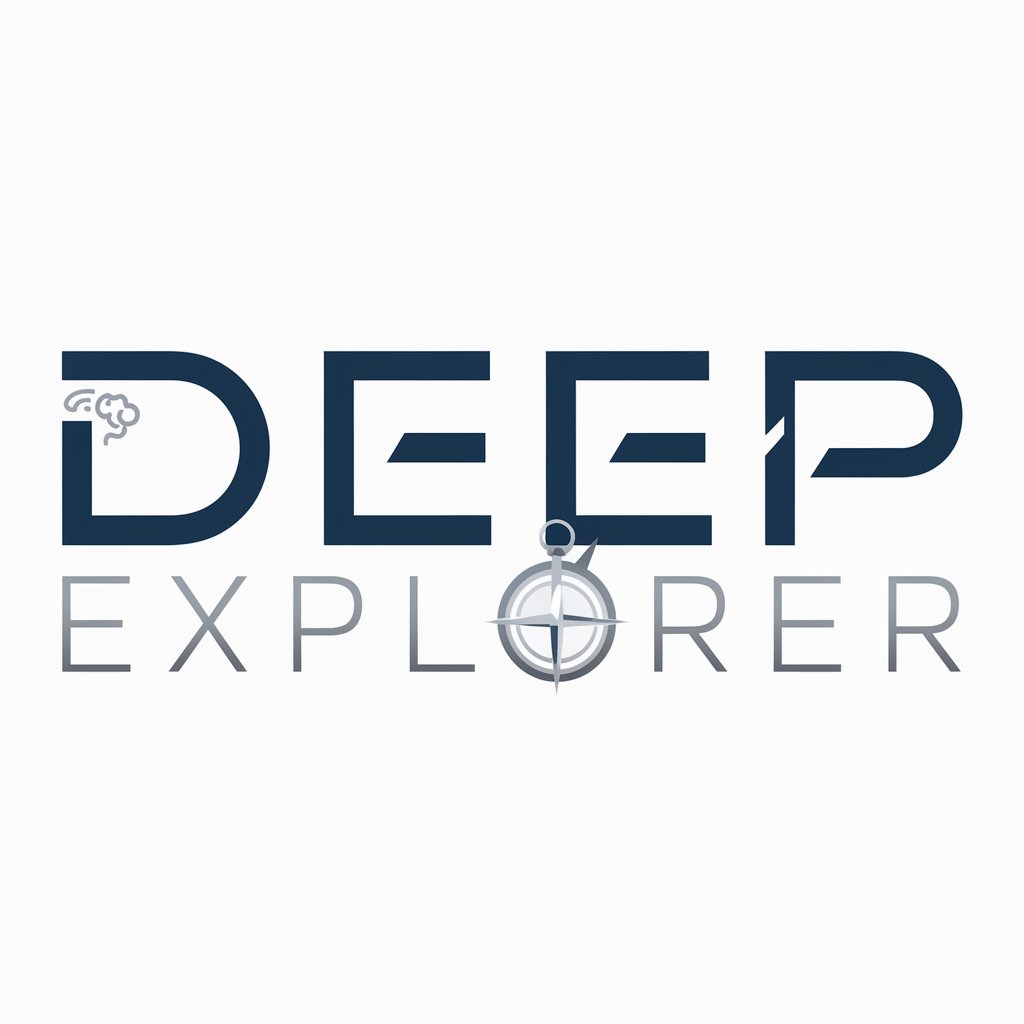
Deep Diffuser
Transforming Medical Imaging with AI
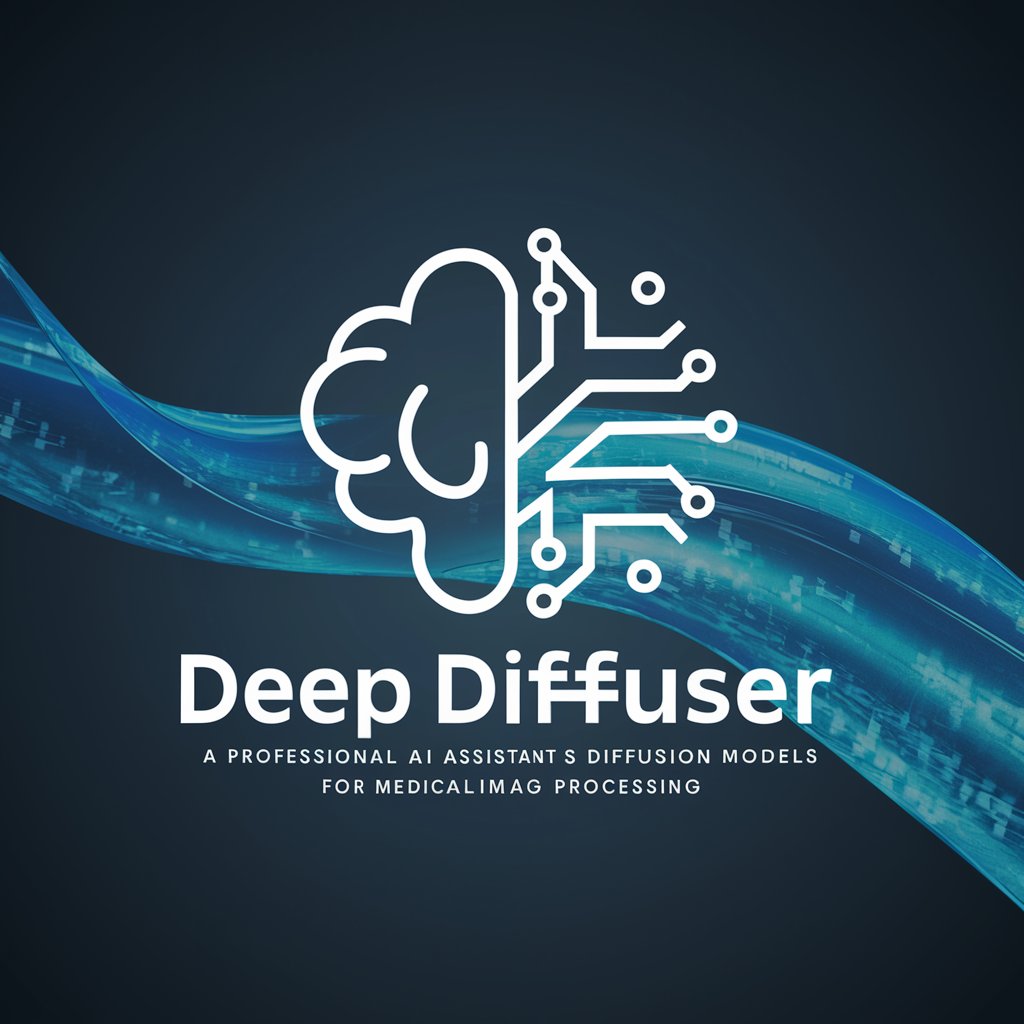
Deep Researcher
Empowering Research with AI
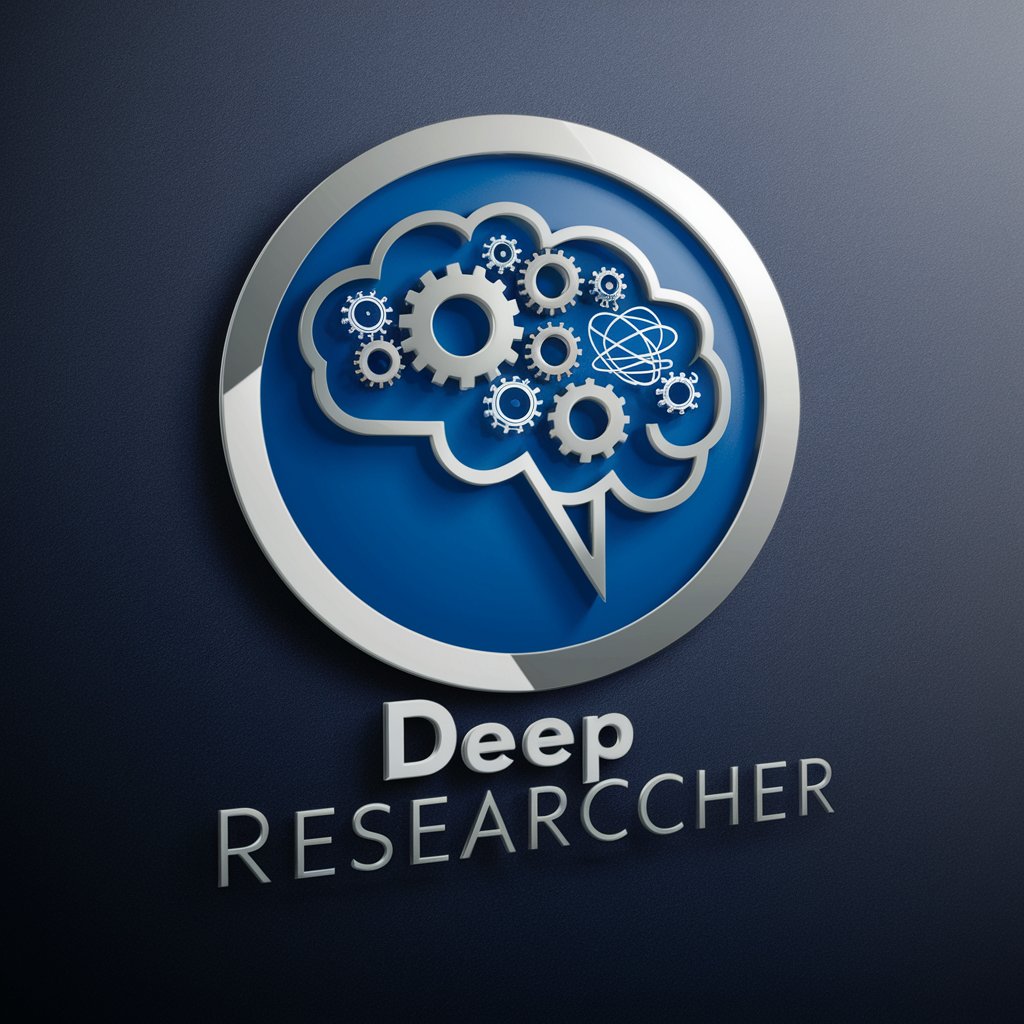
Deep Thinker
Elevate Inquiry with AI-Powered Analysis
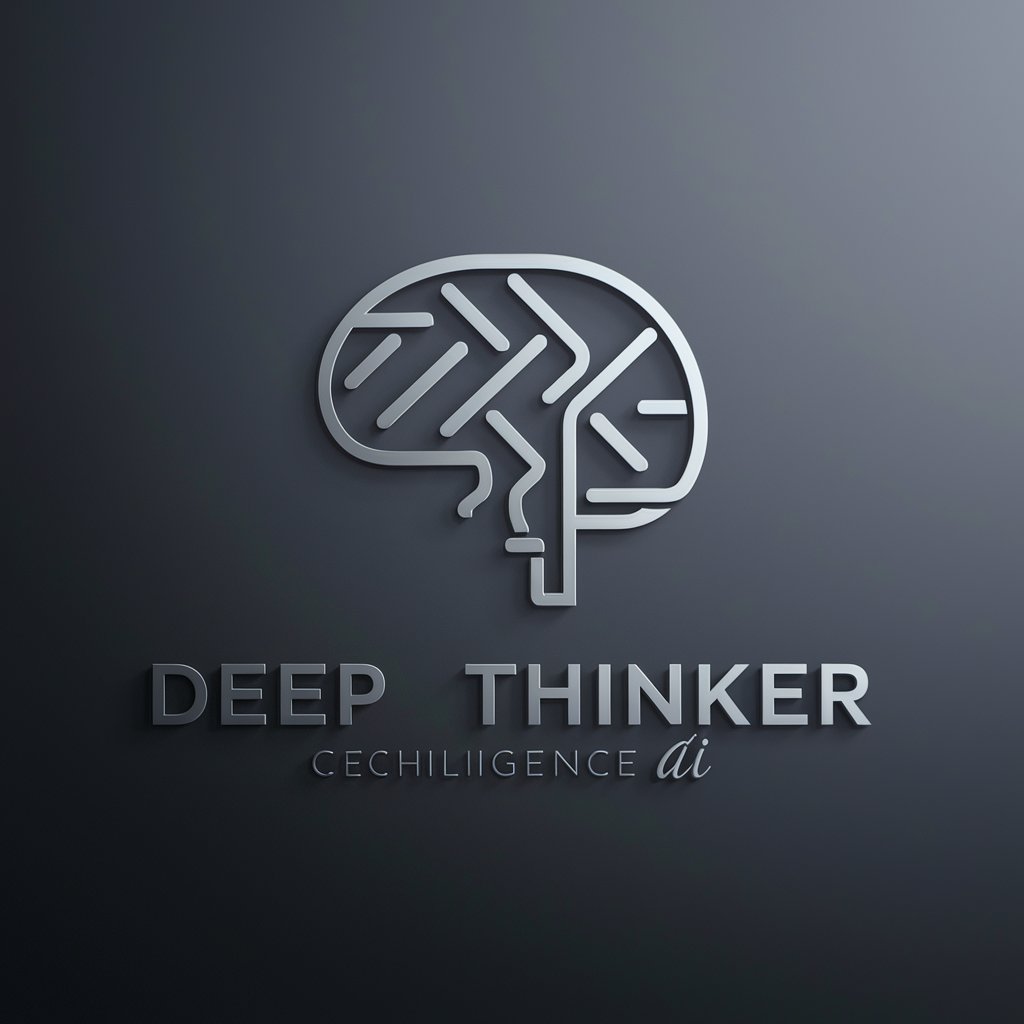
Deep nuts
Empowering insights with AI mysticism.

Deep Analyst
Dive Deep with AI-Powered Analysis
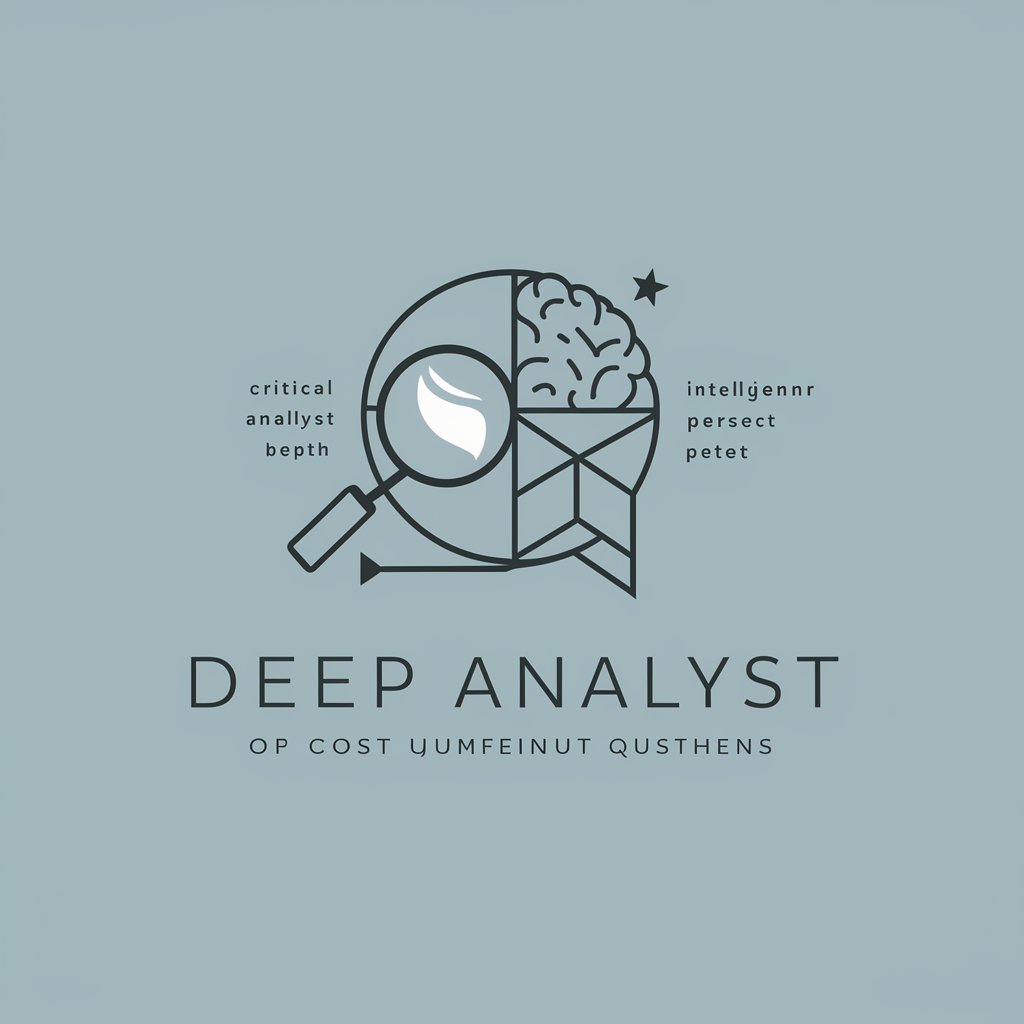
Python Deep Learning Assistant
Empowering your AI journey with expert guidance.
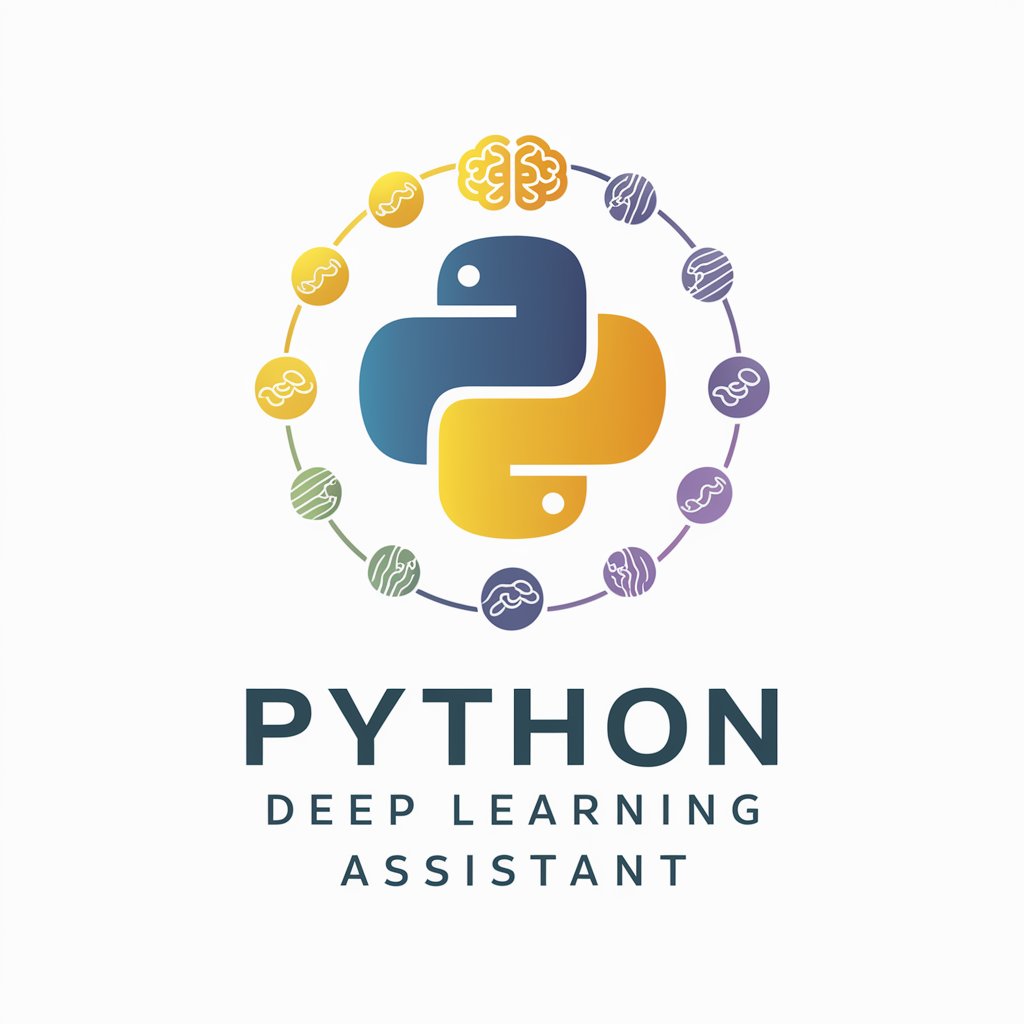
Keep Calm
Direct Advice, AI-Powered Efficiency

Keep It Off
Maintain Your Weight with AI

Keep On Walking meaning?
Empower Your Words with AI

Keep it Vegan
Unveil vegan truths, AI-powered

Keep Your Wife
AI-powered Romance and Connection Advisor

Detailed Q&A about Deep Query
What is Deep Query primarily designed for?
Deep Query is primarily designed to assist in generating machine learning research ideas, especially focusing on state space models. It provides detailed mathematical explanations, coding assistance, and theoretical expansion.
Can Deep Query generate code for my models?
Yes, Deep Query can generate Python code, particularly in Jax/Flax, for the mathematical concepts and models discussed. This includes generating snippets that implement theoretical models in practical, executable code.
How does Deep Query handle complex mathematical equations?
Deep Query handles complex mathematical equations by providing detailed LaTeX formatted expressions. It is capable of breaking down these equations step-by-step to aid in better understanding.
Is Deep Query suitable for beginners in machine learning?
While Deep Query is highly technical, it balances mathematical precision with accessible language, making it a valuable tool for both beginners and advanced users willing to delve deeper into the theoretical aspects of machine learning.
Can I collaborate with others using Deep Query?
Deep Query promotes collaborative engagement by allowing users to share insights, discuss theoretical concepts, and jointly work on developing innovative frameworks within the tool's platform.
